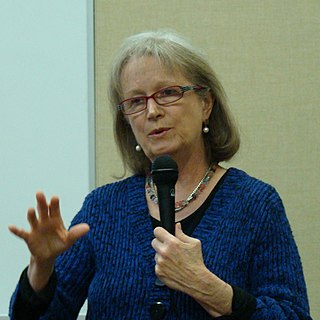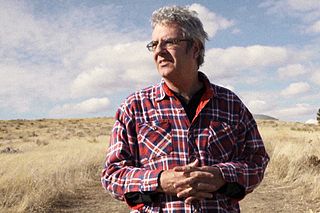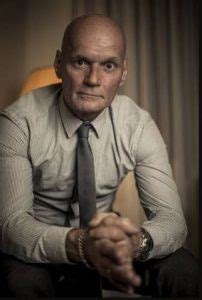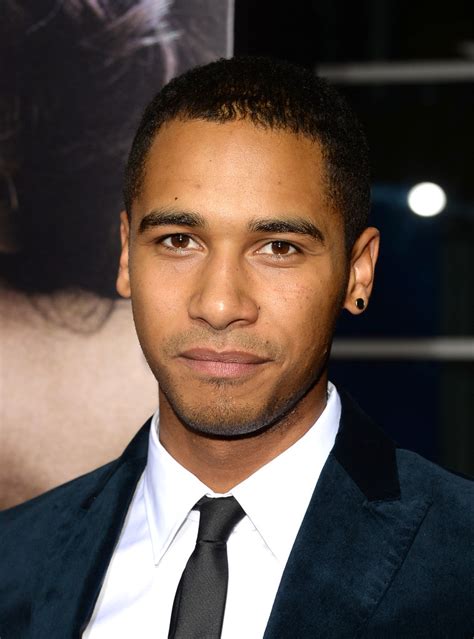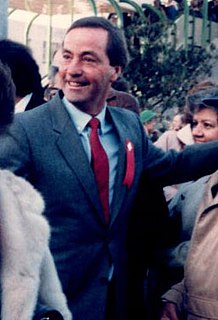A Quote by Nancy Pickard
I'm Marie Lightfoot, or at least that's the name my publisher puts on the covers of the books I write about true crime. In classic 'true crime' fashion, my latest one is titled 'Anything to Be Together.'
Related Quotes
The best crime stories are always about the crime and its consequences - you know, 'Crime And Punishment' is the classic. Where you have the crime, and its consequences are the story, but considering the crime and the consequences makes you think about the society in which the crime takes place, if you see what I mean.
I grew up reading crime fiction mysteries, true crime - a lot of true crime - and it is traditionally a male dominated field from the outside, but from the inside what we know, those of us who read it, is that women buy the most crime fiction, they are by far the biggest readers of true crime, and there's a voracious appetite among women for these stories, and I know I feel it - since I was quite small I wanted to go to those dark places.
As a form of moral insurance, at least, literature is much more dependable than a system of beliefs or a philosophical doctrine. Since there are no laws that can protect us from ourselves, no criminal code is capable of preventing a true crime against literature; though we can condemn the material suppression of literature - the persecution of writers, acts of censorship, the burning of books - we are powerless when it comes to its worst violation: that of not reading the books. For that crime, a person pays with his whole life; if the offender is a nation, it pays with its history.
Once I got interested in organized crime, and, specifically, Jewish organized crime, I got very interested in it. I have learned that, like my narrator Hannah, I'm a crime writer in my own peculiar way. Crime with a capital "C" is the subject that I'm stuck with - even Sway is about "crime" in a certain way. The nice thing about crime is that it enables you to deal with some big questioO
'By Any Means' follows a team of behind-the-scenes crime-prevention team - not police. They basically go to the areas of crime where the police can't touch and organised crime fighting units can't go to - in the public eye - to bring about real justice, treading the line between 'true' justice and what the law says is justice.
If in fact, the US story is correct, if it is true that Syria used chemical weapons, then it wouldn't be a major crime to send a kind of shot across the bow saying you can't do this anymore. Not the best thing in the world, but not a major crime, either. So, I think at the very least there should have been an inquiry into what happened. But just joining the bandwagon about how we're finally standing up to crimes in Syria, that's ridiculous.
Tonight, I propose a 21st Century Crime Bill to deploy the latest technologies and tactics to make our communities even safer. Our balanced budget will help put up to 50,000 more police on the street in the areas hardest hit by crime, and then to equip them with new tools from crime-mapping computers to digital mug shots. We must break the deadly cycle of drugs and crime.
